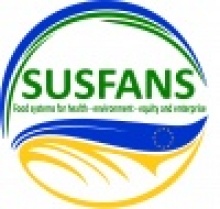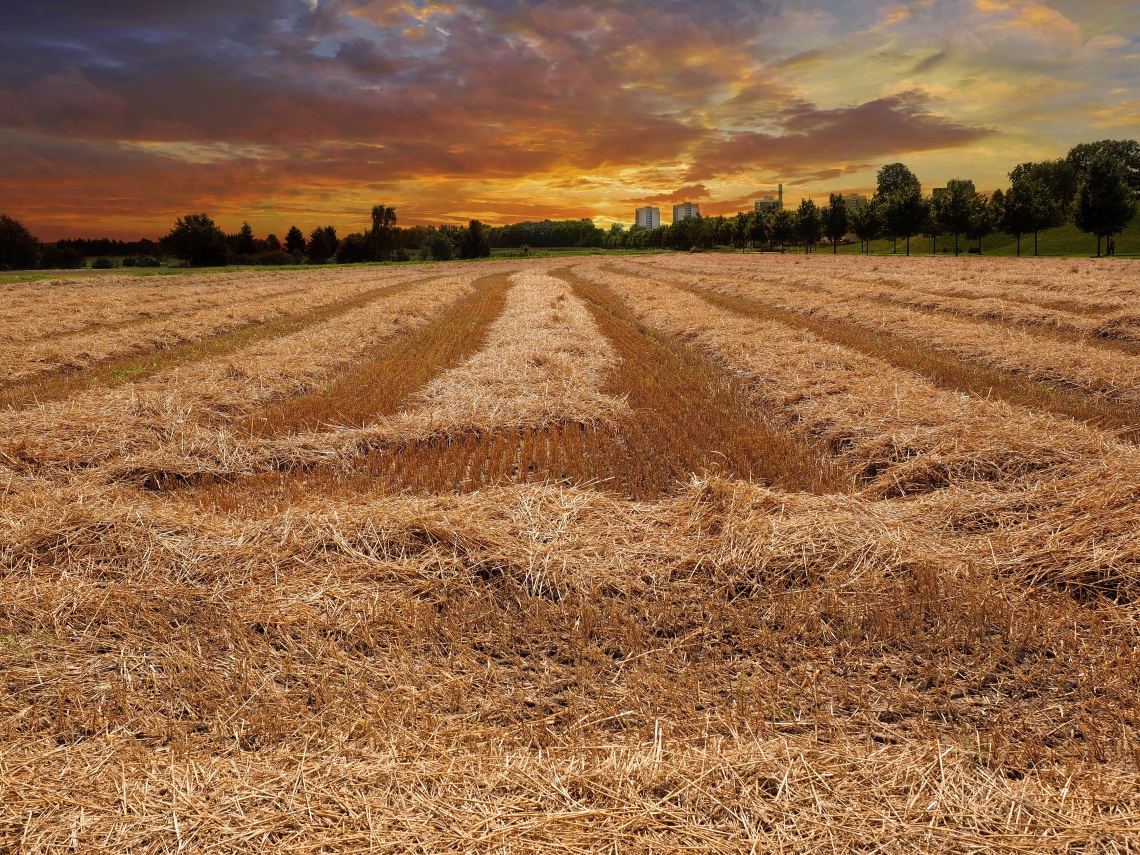Visions for sustainable food and nutrition security in Europe
How can we improve the food system in the EU, especially from the perspective of social, environmental and economic sustainability? How can we balance and encompass views on how to strengthen food and nutrition security in the EU?
These are the core questions of the SUSFANS project. SUSFANS’ overall goal is to come to a better food and nutrition system for human health, the environment and corporate enterprises in Europe.
SUSFANS is led by the notion that improvements in the diets of the European consumers must come from, and be supportive of, sustainable food systems. The research approach is built on a set of metrics, models and foresight tools. They can be used as a navigation for sustainable food and nutrition security.
This approach results in a holistic, integrative and coherent vision of what entails sustainable food and nutrition security in the EU and globally. It underpins a perspective on how EU policies on farming, fishing, food and nutrition could contribute to that vision with greater efficacy than today.
Need for a new approach
In the second half of the twentieth century European agricultural and fishery policies – aimed at fostering agricultural productivity, securing fair living standards for farmers and ensuring food availability for its population – resulted in massive productive capacity and a strong knowledge and innovation base in Europe.
But, where is light, there is also shadow. Outbreaks of BSE, salmonella and E.Coli show that food quality and safety have sometimes been compromised. Access to safe and nutritious food is not guaranteed for all of Europe’s consumers. Food poverty is still experienced; around 11 per cent of the EU population is unable to afford a meal with meat, chicken, fish or a vegetarian equivalent every second day.
At the same time, a rising proportion of the European population, close to 50 per cent in 2010, is overweight or obese, making them prone to chronic diseases. Adding to this, as a flip side of increased European affluence, food waste reaches over a 100 million tonnes per year, a number which is growing, showing the problematic ethical dimension.
Not to forget, there are strong environmental concerns: Climate change is having its impact on agriculture in Northern and Southern Europe, leading to land degradation and putting water quality under pressure.
Challenges for the EU Food Security
Maintaining the agri-food sector‘s beneficial services to society is increasingly challenging in the face of changing economic, social, political and environmental conditions.
Food crises, i.e. due to weather extremes, need to be guarded against, growing pressures on the natural resource base need to be reduced. In the long-term, Visions for sustainable food and nutrition security in Europe Lead Article the EU agri-food sector needs to be globally competitive and sustainable if it wants to maintain a strong European production base.
Next to the production challenges, EU food consumption has to become more healthy, nutritious, environmentally and economically sustainable, whilst remaining affordable and diversified.
EU policy makers increasingly recognize that existing frameworks for food safety control (the General Food Law) and primary production (the Common Agricultural Policy, CAP) provide insufficient direction for the European food system.
The majority of research on FNS has historically been relatively disparate, either focusing on food production by agricultural and fisheries sciences, or on consumption patterns, diets and health by the nutrition sciences.
This has led to the development of a new, transdisciplinary research project, SUSFANS, which develops metrics, identifies and analyses drivers, integrates data and modelling and formulates foresight for EU sustainable FNS. It builds on a common scientific evidence- base which accounts for the perspectives of the various actors and factors that play a role in the food system.
How SUSFANS will work
SUSFANS will advance research in support of policy and practice on sustainable Food and Nutrition Security in the EU. SUSFANS is a joint research effort by partners and stakeholders from academia, public and private sectors. Its work is divided in three pillars, aiming at
(1) Assessing sustainable Food and Nutrition Security in the EU,
(2) Metrics and tools for measuring, assessing and monitoring sustainable Food and Nutrition Security and
(3) Modelling sustainable Food and Nutrition Security: The SUSFANS toolbox.



Comments
Add new comment